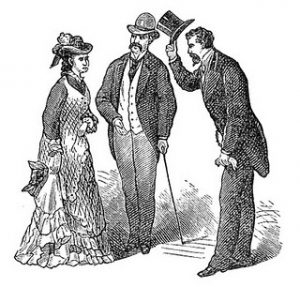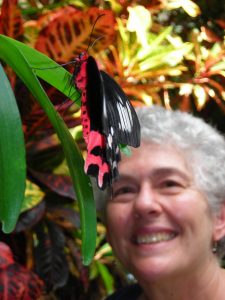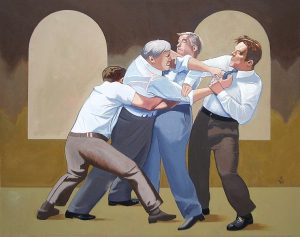It’s been a difficult fortnight. Every time this happens all I want to do is cry in a corner. Alas, for me, I’m not really a crying in corner kind of person. I’m a “What can I do?” person, mostly. (If I’m not, you know there is something really, really, REALLY wrong.) This means I’ve done two things this fortnight that are over and above my usual. One is to do with writers and the other is to do with a book.
The book is probably the best thing I will ever work on. I was wondering why I hadn’t heard from the publisher in years. We sorted out what had happened and all is well in terms of communications, but I looked at the sales and realised that the word never got out about this book when it was published in the US. It sold nicely in Australia, then was taken up by a US press then fell into a black hole. This happens to a surprising number of books. This one volume, however, is special and needs to emerge from its black hole.
So what is this mysterious book? It’s an anthology called Baggage, and I was the editor. Let me give you a link.
I work (a lot, and for many years) on the subject of culture. I’m not only an ethnohistorian, I’m passionate about how we depict and share culture. When I told some of Australia’s best science fiction, fantasy and horror writers that I was interested in them writing me stories that explained cultural baggage… this book was the result. In a perfect world, I’d also edit one for, say, US writers, and French writers and Polish writers and more and we’d all have a marvellous ongoing conversation through short story about how fiction can explain cultural baggage. That was my dream. My reality, now, is that I’d be happy if these wonderful stories in this very Australian volume were read. I want everyone to enjoy everything from the sentient glacier to the way societies can fall apart and the way we can carry our history with us everywhere.
The second thing is that Australian science fiction circles are ready to deal with the ongoing affects of people being cut off from each other, and I’m a part of how we’re handling it. Prior to this some of us meet once a month, but it’s private. Now the Australian Science Fiction Foundation is setting up a room online where writers can meet up once a week, just to chat. Most of the writers interested so far are in rural and regional Australia, which may make this a longterm proposition. All our other ideas (“our” being the Australian Science Fiction Foundation, of course) will appear in due course, but our chat starts this Thursday.
This is another type of dream, I think. I want people to have more tools for talking about culture and about heritage and place in society, and the best short story writers give us those tools. I want people to be less isolated, full stop. The pandemic has given us all sorts of capacities we didn’t have earlier that help along these lines. In my perfect world having a bad fortnight, or living far from people, or having physical limitations due to disabilities should be an excuse for pulling together, not falling apart.
I’m still dealing with the effects of my bad fortnight, but at least I’m up to the pulling together stage.

 Manners are important. I’m not talking about not chewing with your mouth open (though please, don’t). I’m talking about that old stalwart you heard when you were a kid: Don’t be a Brat. Don’t talk back.
Manners are important. I’m not talking about not chewing with your mouth open (though please, don’t). I’m talking about that old stalwart you heard when you were a kid: Don’t be a Brat. Don’t talk back. A confession: I like to read at bedtime. In this company, that’s nothing unusual. All the sleep hygiene experts say not to, that beds should be used for sleeping and only one other activity. What do they know? I find something deeply comforting about curling up with a good–but not too exciting–book. Perhaps it evokes memories of my mother reading aloud to me, or it’s just “me time.”
A confession: I like to read at bedtime. In this company, that’s nothing unusual. All the sleep hygiene experts say not to, that beds should be used for sleeping and only one other activity. What do they know? I find something deeply comforting about curling up with a good–but not too exciting–book. Perhaps it evokes memories of my mother reading aloud to me, or it’s just “me time.”